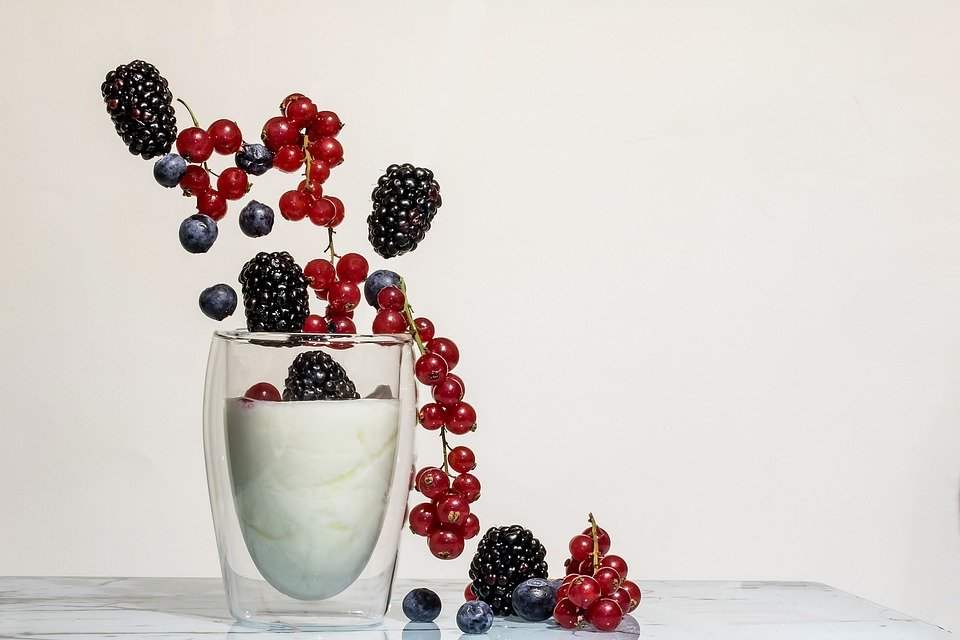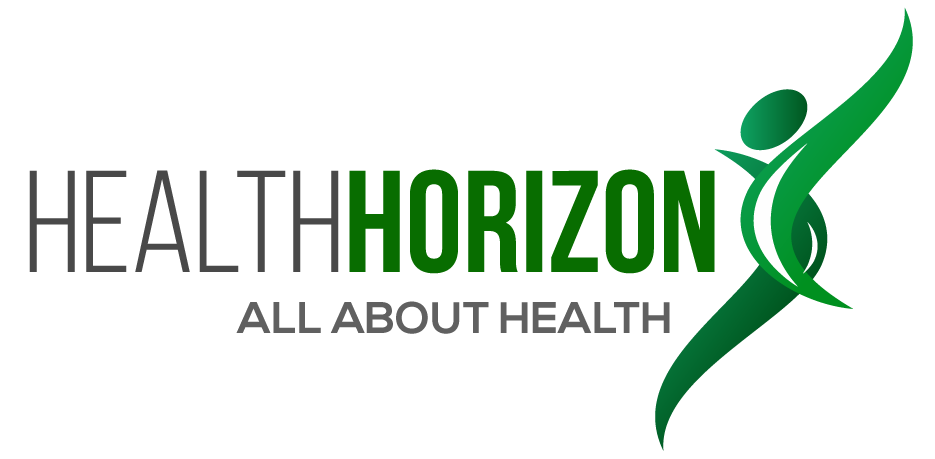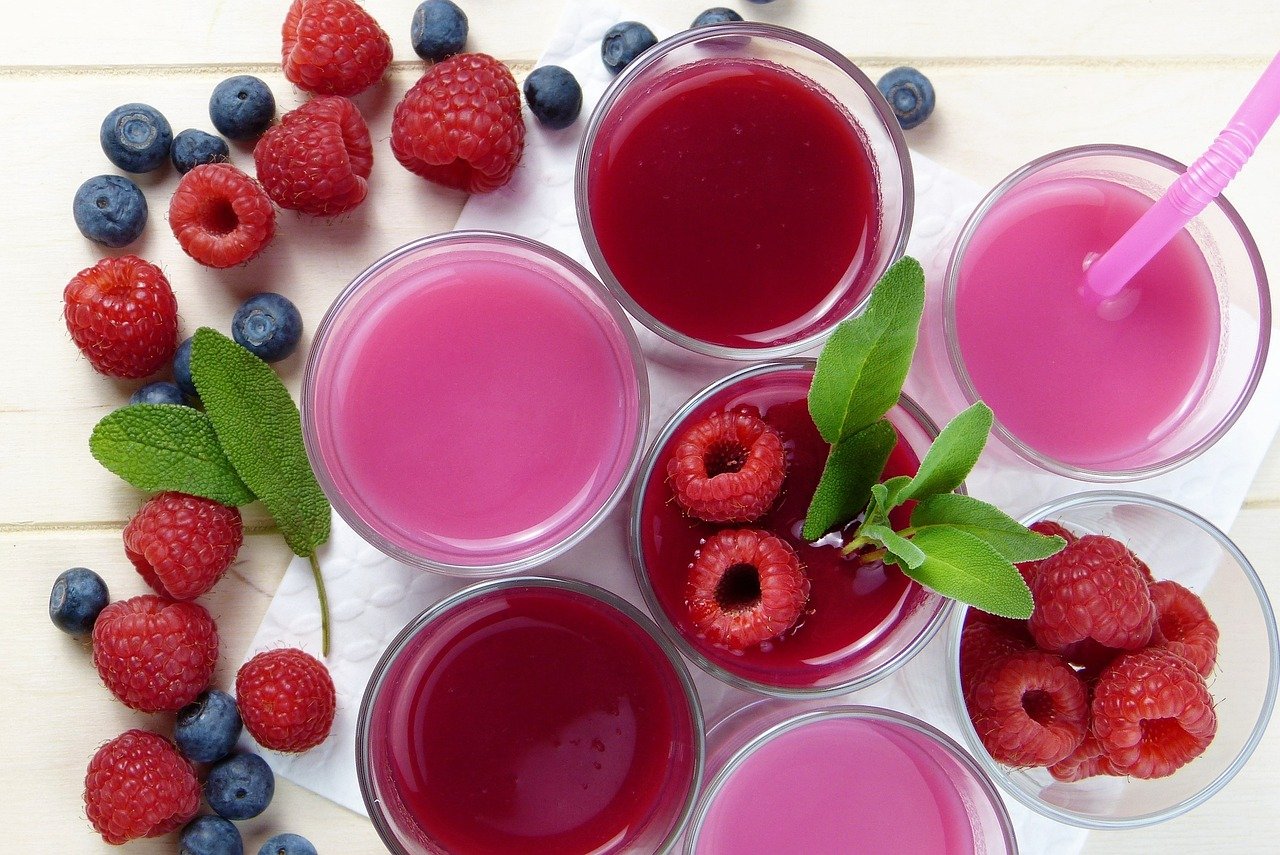Regular exercise alone will not allow you to reach a fitness goal; it needs to couple with good food consumption. By eating the correct foods, your body will be supplied with all the nutrients it could require to build muscle, burn fat sufficiently attain an effective recovery mode this complete guide covers everything for constructing a perfect diet to unlock your best fitness yet, including what is the ideal food consumption like? What are macronutrient ratios you should aim at following and how can plan our meals accordingly.
1. Basics of a Good Diet:
Filed Under: Diet and Nutrition Tagged With: Healthy, nutrition basics
A healthy balanced diet gives the proper nutrients and energy as your body needs to maintain it. It must contain a balance of different foods to give each group carbohydrates, proteins and fats including vitamins & minerals. This includes muscle growth, energy levels immunity and overall health — all of which are necessary for you to hit your goals.
- Components of a Well-Balanced Diet:
- Crabs: Your body uses carbohydrates for fuel.
- Proteins: Enough for rebuilding muscles and muscle mass.
- Fats: Important for hormone synthesis and fat-soluble vitamin absorption
- Vitamins & Minerals: Essential For Just About Everything
- Water: Essential for hydration and metabolism.
2. Why Macronutrients? What makes them valuable for weight reduction?
Related: macronutrient, protein consumption; healthy fats… complex crabs.
Carbohydrates, proteins and fats are considered the building blocks of a well balanced diet. You have to know how each macronutrient is vital in your fit journey.
Carbohydrates- Select complex carbohydrates like whole grains, vegetables, and fruits in order to supply durable energy for exercises. A perfect mix of fiber-full crabs to satisfy your appetite and keep blood sugar levels in check. Stay away from simple crabs (white rice, sweets) because they will only give you energy for a short time and then leave you hungrier than before.
Proteins: proteins are the bricks of muscles. And include protein from lean sources: chicken, turkey, fish (part of your omega-3 good fats!), eggs and egg whites; legumes such as beans/lentils/chick peas/soy products (tofu!), low fat dairy. Try to get 1.2-2.2 grams of protein per kilogram body weight from your diet, which will differ according to how active you are and the goals that you have set before exercising
Fats: Healthy fats are essential for our hormones and health in general. Include healthy fats for the unsaturated kind from avocados, nuts and seeds, olive oil or fatty fish like salmon. Keep saturated fat and Trans fats found in manufactured foods to an absolute minimum
3. Micronutrients are essential nutrients that our body needs to help in the performance of daily tasks and also increase fitness levels.
Vitamins and Minerals, Micronutrients and A Healthy Diet
Even though macronutrients are important, micronutrients (vitamins and minerals) also do so with regard to your fitness.
Vitamin D — good for your bones, may help protect from cancer.
Calcium: required for bone strength and muscle contractions.
Iron – Iron is essential for oxygen transport in the blood and energy production.
- Magnesium: Assists with muscle regeneration; and prevents cramping.
- B Vitamins: Which support energy metabolism?
Eat a mix of fruits, veggies, nuts and seeds & whole grains to hit your vitamins + minerals
4. Water: The Lost Part of A Proper Diet
Our Brain on Water (and Hydration Tips for Fitness Nutrition)
One of the most overlooked components in fitness nutrition is hydration. The water is needed for digestion, absorption of nutrients in the body and cool down your body temperature. Always drink at least 8-10 glasses of water daily, and during heavy exercise you should increase your drinking to prevent dehydration.
Pro-tip: Prioritize electrolytes, adequate sodium and plenty of potassium + magnesium in your diet — especially if you are a heavy sweater during exercise.
5. Meal Planning and Your Best Fitness
TAGS: meal planning fitness, pre-prepared meals for exercise dataGridViewTextBoxColumn
By sticking to a meal plan, you keep yourself on course so that your end up hitting the right ratios of nutrients. Following are some of the meal planning tips:
- Breakfast: Kick off your day with a mixture of some complex crabs, proteins and then healthy fats. For instance, oats sprinkled with nuts and berries or very veggie omelet with wholegrain toast.
- Lunch: lean protein source, complex carbohydrates and colorful variety in vegetables. Grilled chicken & quinoa with plant salad or Chickpea, and veggie stir fry is good.
- Dinner: A protein source, fiber-rich vegetables and healthy fats. For example, baked salmon with sweet potatoes and asparagus or lentil vegetable curry on brown rice.
- Snacks: Eat healthy snacks such as Greek yogurt with honey, apple slices and almond butter or a mixed nut handful to keep your energy up throughout the day.
6. Nutrition Before and After Workouts
Key words: pre-workout, post exercise recovery muscle, muscle building
This upcoming black Friday, try to focus on your nutrition more than anything as what you eat can make a difference in both performance and recovery.
Pre-Workout: A meal containing complex carbohydrates with moderate protein 2–3 hours before your session Protein shake (small banana) immediate pre-exercise snack 30-60 min before exercising.
Post-Workout: Replace glycogen stores and repair muscles by consuming both protein and crabs 30–60 minutes after your workout. Examples include a protein smoothie with fruit, chicken and rice or a tuna salad wrap.

7. Common Diet Mistakes to Avoid
Posted by: Health Blogger — in diet mistakes unhealthy eating habits fitness diet tips → 0 Comments
So to aid you in making a balanced diet for fitness, read about the most popular mistakes that hundreds of people make.
Skipping meals: Missing a meal can be leading to the energy crash and overeating later in the day.
Using artificial foods: Foods fully processed are often full of sugars, fats that were unhealthy and salt. Opt for whole, clean food most of the time.
Falling short on protein: This can slow down your strength progress, hinder recovery.
Not Paying Attention to Portions: Even healthy foods, you can still overeat for weight gain. Of course, also remember to watch the amount on your plate.
8. Should You Take Supplements Yes or No
Tagged: fitness supplements, protein powder, multivitamins
Although a balanced diet should be able to provide most of your nutritional needs, supplements can help close the margins. Supplements are very popular among fitness enthusiasts, some of them include —
Protein Powder: Great way of easily reaching daily protein priorities.
Creative– enhances muscle mass and power.
Reduces muscle soreness and promotes recovery BCAAs
Multivitamins: To ensure necessary vitamins and other minerals.
Before taking any new supplements, always consult a healthcare professional.
- Conclusion
Nutrition in general is so much more than calories in and out, but actually applying this nutritional framework to utilize into a balanced diet that will equate maximal performance requires knowledge of macronutrients for the body as well micronutrient intake, hydrating properly, meal planning…the list goes on… By eating a mixture of whole foods and watching your portions, you can get plenty to eat without going over your caloric budget for the day!







